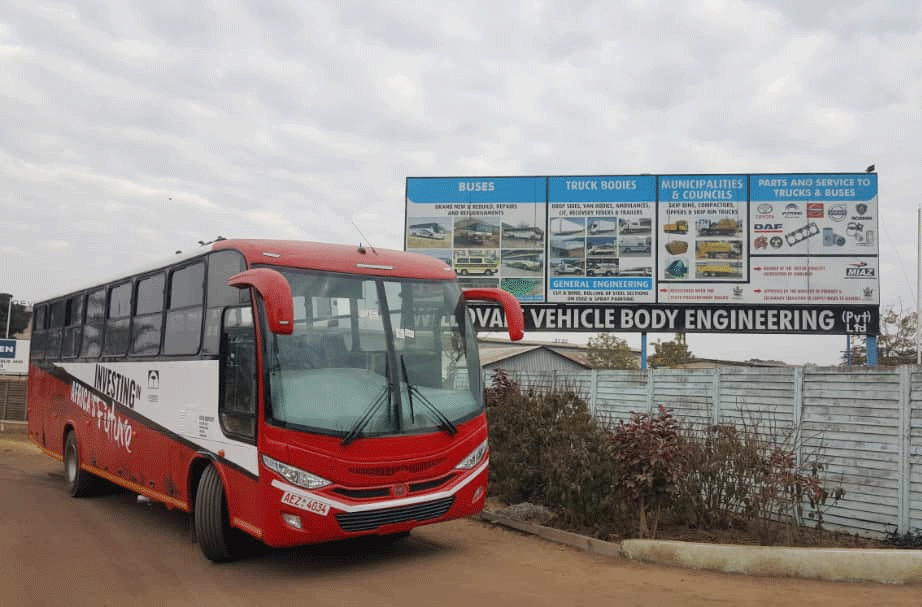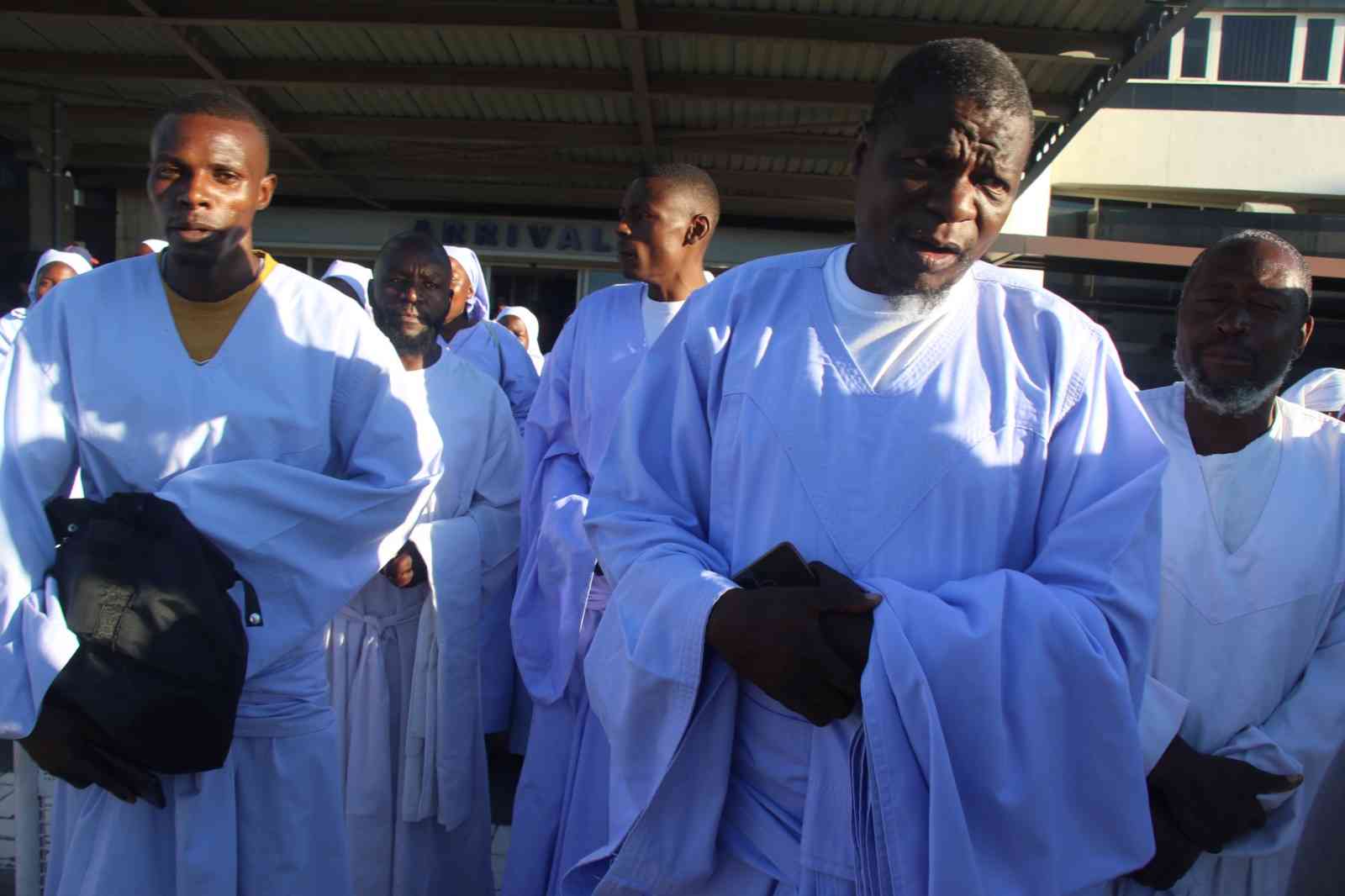
A group of engineers at Willowvale Vehicle Body Engineering (WVBE) say they are capable of supplying locally made buses to government and other agencies.
By Style Reporter
Located in the Willowvale industrial area, the engineers, who have assembled and built buses and skip bins trucks for schools and councils, said it was high time government recognised their works and support local engineers and their expertise.
The company’s managing director Sylvester Matambo said the engineers were ready to supply the public sector with the locally made buses.
“We are ready to meet the local demand of buses and skip bins, among other trucks, as we have the capacity and expertise to do so,” said Matambo.
“Our bus building initiatives is in line with the government’s economic blueprint, the National Development Strategy (NDS), and the Zimbabwe Motor Industry Development Policy (ZMIDP).”
President Emmerson Mnangagwa last month launched the NDS that is targeting an economic growth rate of 5% per annum to catapult the country into an upper-middle-income economy by 2030.
The plan runs from 2021 until 2025 with some of its objectives being to improve the public sector and strategic infrastructure such as energy, information and communications technology, transport and house delivery, among others.
- Chamisa under fire over US$120K donation
- Mavhunga puts DeMbare into Chibuku quarterfinals
- Pension funds bet on Cabora Bassa oilfields
- Councils defy govt fire tender directive
Keep Reading
Matambo added that government should consider engaging local engineers to awaken the motor industry.
“Our appeal to the government is to consider us to build buses for Zupco and other government agencies,” he said.
“We need support from the government with an order for just a few tens of buses to Zupco and schools, hence creating a lot of employment for the Zimbabwean youths and awakening the downstream motor industry.”
WVBE is the company behind the assembling of the locally-made Nissan UD buses that are suitable for local road conditions and are reasonably priced.
A 66-seater Nissan UD Croner PKE250H29 Ebenezer bus is going for US$105 000 compared to a similar imported bus priced around US$170 000.
In his 2021 budget presentation, Finance minister Mthuli Ncube revealed that about $1,3 billion was spent on importing buses and cars before announcing a ban on vehicles more than 10 years old.
“We are capable of supplying locally made buses in the country, hence saving the country from losing a lot of foreign currency through importing buses, among other vehicles,” Matambo said.
“We appeal to the government to scrap duty on engines that we import to build buses as well as officials from the Industry and Commerce ministry to visit us and get an appreciation of how we have been assembling buses.”
This year, government imported buses from Belarus and China to capacitate Zupco, a deal that could have been implemented locally with WVBE, a company that has been assembling buses for the local market.
The bus company is made up of experts and engineers who were former workers at Deven Engineering Company. The team imports only bus engines before assembling the body using locally available materials.











